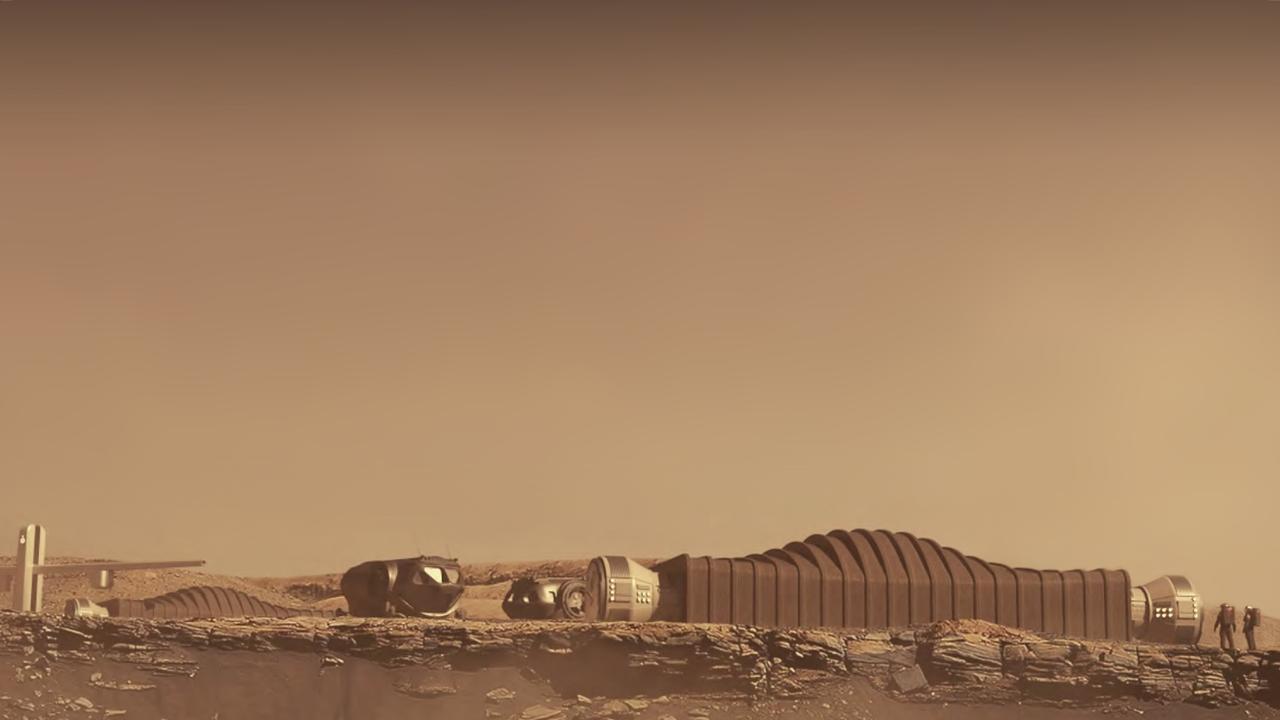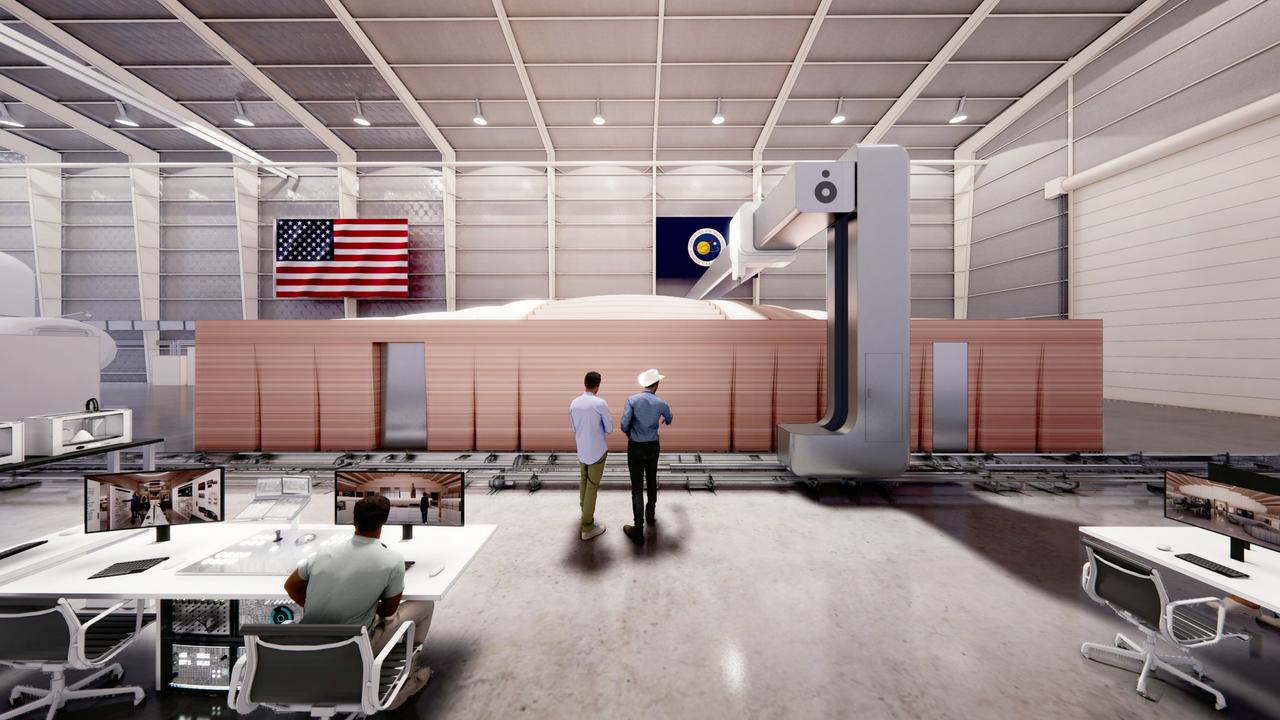Wanted: four people to live like Martians
NASA is looking for four people to spend a year in a Mars habitat created by a 3D printer here on Earth to help it understand the challenges astronauts will face when they blast off to the red planet

READING LEVEL: GREEN
How would you like to spend a year pretending to live on Mars? NASA is looking for four people to do just that.
To prepare for eventually sending astronauts to the red planet, NASA has started taking applications for people to live for a year in Mars Dune Alpha. That’s a 518sq m Martian habitat created by a 3D-printer inside a building at Johnson Space Center in the US city of Houston.
The paid volunteers will work a simulated* Martian exploration mission complete with spacewalks, limited communications back home, restricted food and resources, and equipment failures.
NASA is planning three of these experiments, with the first one starting in the second half of 2022.
“We want to understand how humans perform in them,” said lead scientist Grace Douglas. “We are looking at Mars realistic situations.
“Simulations on Earth will help us understand and counter* the physical and mental challenges astronauts will face before they go.”

Food will all be ready-to-eat space food and some plants will be grown, but at the moment there are no windows planned.
NASA opened applications on August 6 and has strict requirements for those seeking the job, including a master’s degree in a science, engineering or maths field, or experience as a pilot.
Unfortunately for Australians, applicants must also be US citizens or permanent residents. They must also be aged 30-55, be in good physical health with no dietary issues, and not be prone to motion sickness.

Former Canadian astronaut Chris Hadfield said the criteria* showed NASA was looking for people who were close to astronauts.
And he said that was a good thing because it would be a better experiment if the participants were similar to the people who would eventually end up going to Mars.
Past Russian efforts at a pretend Mars mission, called Mars 500, didn’t end well partly because the people were too much like everyday people, he said.
Hadfield, who spent five months in orbit at the International Space Station in 2013, said the experiment would be great for the right people.
“Just think how much you’re going to be able to catch up on Netflix,” he joked. “If they have a musical instrument there, you could go into there knowing nothing and come out a concert musician, if you want.”

He said there could be “incredible freedom” in a “year away from the demands of your normal life.”
He said participants would need to be “super competent*, resourceful* and not relying on other people to feel comfortable.”
GLOSSARY
- simulated: made to seem or look real
- counter: act in an opposite way
- criteria: the standards for judging or selecting something
- competent: having the ability, knowledge or skill required
- resourceful: having the ability to find quick and clever ways to overcome difficulties
EXTRA READING
China lands probe and rover on Mars
Oxygen extracted from thin Mars air
Mars helicopter ready to take flight
Origami-inspired home for life on the Moon
QUICK QUIZ
- What was used to create the Mars Dune Alpha?
- How many people will live in the Mars Dune Alpha?
- How long will they live in the Mars Dune Alpha?
- What is the purpose of this experiment?
- When did NASA open applications?
LISTEN TO THIS STORY
CLASSROOM ACTIVITIES
1. Mars on Earth
Write up the prerequisites for the type of person you think would suit this Mars on Earth experiment. Take into account the requirements from NASA and add in your own personality traits you think you’d need to survive this one-year experiment.
Try to put yourselves in the shoes of someone about to give up life as they know it with not very nice food, daylight, space, or contact with friends and family.
NASA Mars on Earth Experiment
NASA requirements:
–
–
–
–
–
Add in personality types you think would suit this experiment:
–
–
–
–
–
Time: allow 20 minutes to complete this activity
Curriculum Links: English, Science, Critical and creative thinking
2. Extension
If someone in your family wanted to take part in this experiment, would you say ‘go for it!’ or ‘I don’t think you should do it ….’ Explain your answer and why you’d encourage or discourage them to take part?
Time: allow 10 minutes to complete this activity
Curriculum Links: English, Personal and social, Critical and creative thinking
VCOP ACTIVITY
Opener Up-Level It
Make a list of all the openers in the article. Pick three that repeat and see if you can replace them with another word, or shuffle the order of the sentence to bring a new opener to the front.
Don’t forget to re-read the sentence to make sure it still makes sense, and that it actually sounds better.

